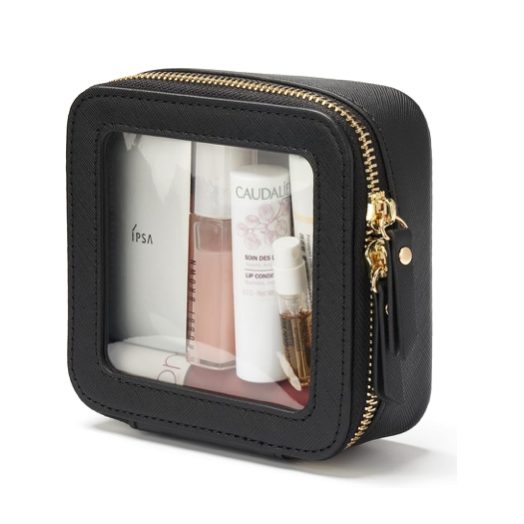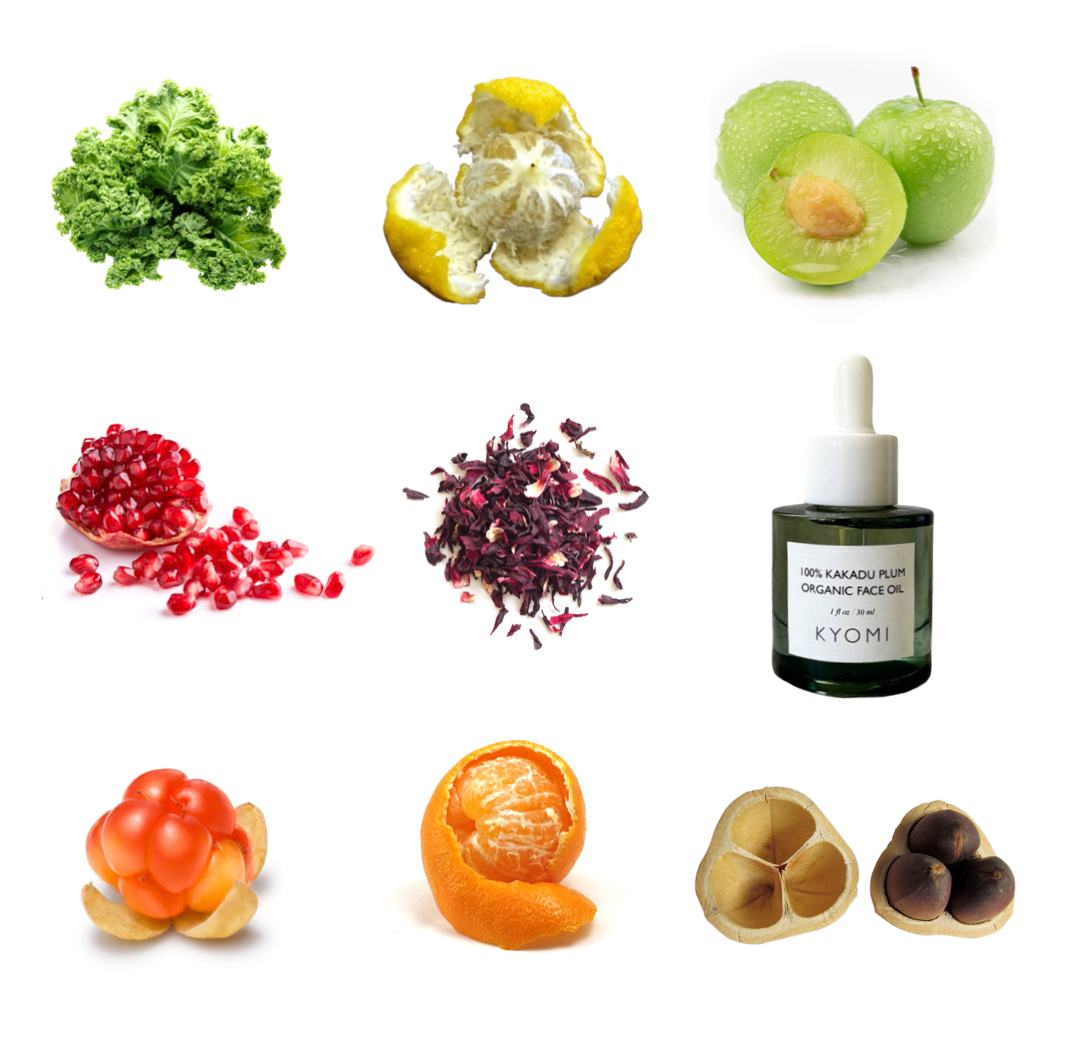The Rise of the “Natural” Label
Walk into any skincare aisle today, and you’ll see a growing number of products labeled “natural,” “clean,” or “plant-based.” These terms appeal to health-conscious consumers seeking alternatives to synthetic ingredients. But is natural skincare truly better for your skin—or is it just clever marketing?
In this post, we’ll break down what natural skincare means, explore its benefits and limitations, and look at the science behind the claims.
What Does “Natural Skincare” Really Mean?
Unlike the food industry, the term natural isn’t regulated in cosmetics by the FDA. According to the U.S. Food & Drug Administration, there is no official definition for “natural” in skincare, which means brands can use the term loosely [1]. That said, most consumers and brands interpret natural skincare as products made with ingredients derived from plants, minerals, or animal byproducts, with minimal synthetic processing.
Some natural skincare brands go further by emphasizing “clean beauty,” which excludes certain ingredients like parabens, sulfates, phthalates, and synthetic fragrances.
The Science-Backed Benefits of Natural Skincare
While not all natural ingredients are automatically better, many plant-derived compounds offer well-researched benefits:
1. Antioxidant Power
Many natural ingredients like green tea, pomegranate, and vitamin C (derived from citrus) are rich in antioxidants, which help combat oxidative stress caused by pollution and UV exposure. A 2016 study in Oxidative Medicine and Cellular Longevity showed that topical antioxidants can prevent premature aging and improve skin resilience [2].
2. Anti-inflammatory Properties
Plant oils like chamomile, calendula, and aloe vera have soothing effects on inflamed or sensitive skin. A study published in Molecules (2018) confirms chamomile’s anti-inflammatory and antimicrobial action, making it ideal for acne-prone or irritated skin [3].
3. Barrier Support
Natural oils like jojoba, rosehip, and shea butter mimic the skin’s lipid structure, helping restore the barrier and prevent moisture loss. A clinical review in the International Journal of Molecular Sciences highlighted the effectiveness of these oils in treating conditions like eczema and dermatitis [4].
Synthetic Doesn’t Always Mean Harmful
It’s important to dispel the myth that synthetic equals bad. Not all lab-created ingredients are dangerous—in fact, many are carefully tested, stabilized, and hypoallergenic. For example, lab-derived peptides and hyaluronic acid are scientifically engineered for performance and safety, and have strong clinical data supporting their efficacy.
Also, certain natural ingredients can cause irritation. Essential oils, though natural, are common allergens. Poison ivy is natural—but you wouldn’t want it in your skincare.
The key is formulation, not just origin.
Natural Skincare: Sustainability and Transparency
One of the strongest arguments in favor of natural skincare is its alignment with environmental and ethical values. Many natural brands prioritize:
-
Eco-friendly packaging
-
Sustainable sourcing
-
Cruelty-free testing
A report by NielsenIQ found that 73% of global consumers would definitely or probably change their consumption habits to reduce their environmental impact [5]. Natural skincare brands often tap into this desire by offering biodegradable formulas and refillable packaging.
At Kyomi Skin, for example, we use cold-processed, plant-based oils and botanicals that are not only gentle on your skin but also harvested sustainably.
Are Natural Products Always Better for Sensitive Skin?
While many natural ingredients are suitable for sensitive skin, “natural” does not automatically equal hypoallergenic. Some people may react to botanical extracts like citrus, lavender, or eucalyptus. A patch test is always recommended—whether the product is natural or synthetic.
Dermatologists often recommend looking for fragrance-free, minimal-ingredient formulas for sensitive or reactive skin. Ironically, some of the most irritating ingredients in skincare are natural fragrances and essential oils.
Bottom Line: Is Natural Skincare Better for You?
It depends on what “better” means to you.
If you’re looking for plant-based, eco-conscious, minimally processed skincare made without controversial synthetics, then natural skincare may align with your values and skin goals. But don’t assume that all natural products are safer, more effective, or better tolerated—always check the formulation, ingredient list, and research behind it.
Ultimately, the best skincare is the one that works for your skin—natural or not.
Key Takeaways
-
Natural skincare can offer powerful benefits, including antioxidants, anti-inflammatory effects, and barrier repair.
-
Some natural ingredients can irritate sensitive skin, just like some synthetic ones can.
-
The term “natural” is unregulated in cosmetics—so read ingredient labels carefully.
-
Sustainable and ethical values are often part of the appeal of natural skincare.
-
Efficacy depends more on the formulation and research-backed ingredients than whether they’re natural or synthetic.
Sources
[1] U.S. Food and Drug Administration (FDA). “’Natural’ on Cosmetics.” https://www.fda.gov/cosmetics
[2] Briganti, S. & Picardo, M. (2016). “Antioxidant activity of plant extracts in skin aging.” Oxidative Medicine and Cellular Longevity.
https://www.ncbi.nlm.nih.gov/pmc/articles/PMC4976416
[3] Srivastava, J.K., et al. (2018). “Chamomile: A herbal medicine of the past with bright future.” Molecules, 23(2), 257.
https://www.ncbi.nlm.nih.gov/pmc/articles/PMC5871151
[4] Lin, T. K., Zhong, L., & Santiago, J. L. (2017). “Anti-Inflammatory and Skin Barrier Repair Effects of Topical Application of Some Plant Oils.” International Journal of Molecular Sciences, 19(1), 70.
https://www.ncbi.nlm.nih.gov/pmc/articles/PMC5796020
[5] NielsenIQ. (2019). “Was 2019 the tipping point for sustainability?”
https://nielseniq.com












